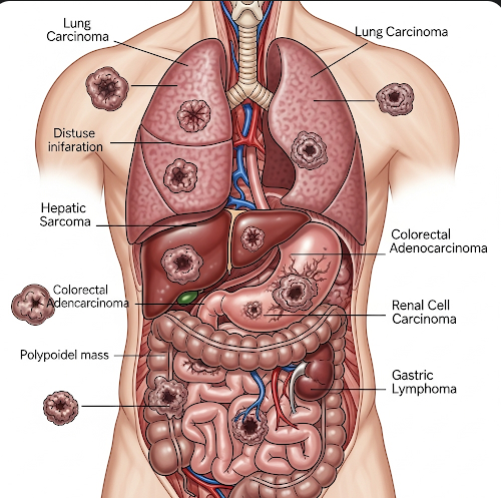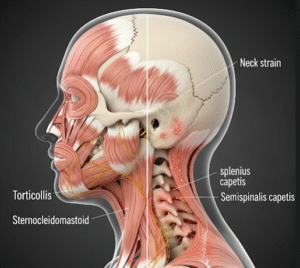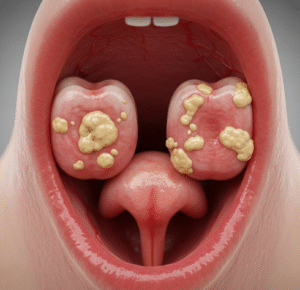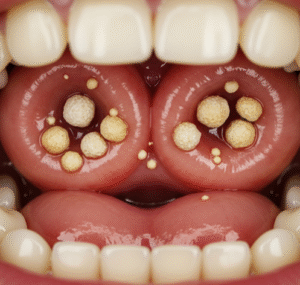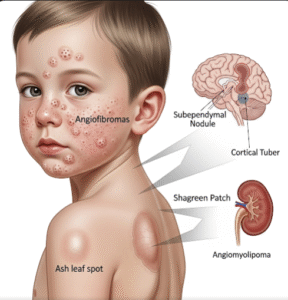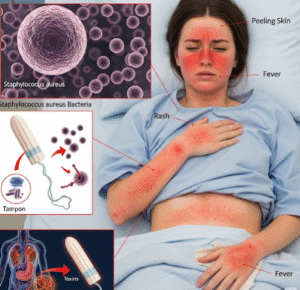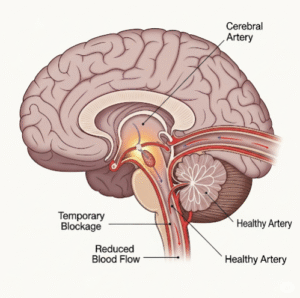Overview
Tumors, commonly referred to as cancer, are abnormal growths of cells that can be benign (non-cancerous) or malignant (cancerous). Malignant tumors have the potential to invade surrounding tissues, spread to other parts of the body, and disrupt normal organ function. Cancer represents a significant health concern worldwide, including South Korea, where advances in early detection, medical treatment, and surgical interventions have improved survival rates. South Korean hospitals and cancer centers provide state-of-the-art diagnostics, precision therapies, and comprehensive patient care to manage tumors effectively. Early diagnosis, continuous monitoring, and individualized treatment plans are critical to achieving optimal outcomes.
What is Tumor (Cancer)?
A tumor is a mass or lump resulting from uncontrolled cell growth. Tumors can be classified into two main types:
- Benign tumors: Non-cancerous growths that do not invade nearby tissues or metastasize. These may still cause symptoms if they compress surrounding structures.
- Malignant tumors (cancers): These grow rapidly, invade nearby tissues, and can spread (metastasize) to distant organs. Malignant tumors are life-threatening and require timely medical intervention.
Cancer can arise in virtually any tissue, including the lungs, liver, breast, colon, skin, brain, and blood. In Korea, oncology centers employ advanced imaging, molecular diagnostics, and biopsy techniques to identify tumor types, guide treatment, and monitor response.
Symptoms
Symptoms of tumors depend on the type, location, and stage of cancer. Common warning signs include:
- Unexplained lumps or swelling
- Persistent pain or discomfort in affected areas
- Unintentional weight loss or fatigue
- Changes in skin, such as discoloration, ulcers, or bleeding
- Persistent cough, hoarseness, or shortness of breath for lung involvement
- Gastrointestinal changes like nausea, vomiting, or altered bowel habits
- Frequent infections or fevers in blood-related cancers
- Neurological symptoms such as headaches, seizures, or weakness if the brain is affected
Because early-stage tumors can be asymptomatic, South Korean medical centers emphasize routine screenings and preventive health check-ups to detect cancer before symptoms appear.
Causes
Cancer results from genetic mutations that disrupt normal cell growth, division, and apoptosis. Contributing factors include:
- Genetic predisposition: Family history of specific cancers or inherited mutations
- Environmental exposures: Carcinogens such as tobacco smoke, radiation, and industrial chemicals
- Lifestyle factors: Poor diet, obesity, excessive alcohol consumption, and lack of physical activity
- Infections: Certain viruses or bacteria, including HPV, hepatitis B/C, and H. pylori, can trigger tumor development
- Age: Risk of cancer increases with age due to cumulative cellular damage
In South Korea, public health initiatives focus on reducing environmental and lifestyle-related risks while promoting awareness of genetic and infectious causes.
Risk Factors
Several factors increase the likelihood of developing tumors:
- Family history of cancer or genetic syndromes
- Exposure to carcinogens (smoking, pollution, radiation)
- Chronic infections with oncogenic viruses or bacteria
- Poor diet lacking fruits, vegetables, and fiber
- Sedentary lifestyle and obesity
- Excessive alcohol consumption
- Advanced age
- Immunosuppression or chronic medical conditions
Regular health screenings, lifestyle modifications, and vaccination programs in Korea help mitigate these risk factors.
Complications
Cancer can cause serious complications depending on tumor type, location, and progression:
- Invasion of surrounding organs leading to loss of function
- Metastasis to distant organs, such as the liver, lungs, or brain
- Chronic pain and disability
- Severe anemia, fatigue, or weight loss
- Increased susceptibility to infections
- Emotional and psychological distress, including anxiety and depression
- Complications from treatments, such as surgery, chemotherapy, or radiation
South Korean oncology centers provide multidisciplinary care to manage both disease progression and treatment-related complications.
Prevention
Preventive strategies focus on reducing exposure to known risk factors, promoting healthy habits, and early detection:
- Healthy lifestyle: Balanced diet, regular exercise, limited alcohol, and avoidance of tobacco
- Vaccinations: HPV and hepatitis B vaccines to prevent infection-related cancers
- Regular screenings: Mammograms, colonoscopy, Pap smears, and low-dose CT scans for at-risk populations
- Protective measures: Sun protection to prevent skin cancer and occupational safety measures to avoid chemical exposures
- Genetic counseling: For individuals with strong family history or known genetic mutations
Korean public health campaigns prioritize cancer awareness, early detection, and lifestyle modifications to prevent tumor development.
Treatment Options in Korea
Cancer treatment in South Korea is personalized, evidence-based, and supported by advanced medical technology:
Diagnosis:
- Imaging: CT, MRI, PET scans, and ultrasound to locate and stage tumors
- Biopsy and histopathology for tumor type confirmation
- Genetic and molecular testing to identify mutations and guide targeted therapy
- Blood tests to monitor organ function and tumor markers
Medical Treatments:
- Surgery: Removal of localized tumors or debulking in advanced cases
- Chemotherapy: Systemic treatment using cytotoxic drugs to kill cancer cells
- Radiation therapy: Targeted destruction of tumor tissue
- Targeted therapy: Drugs that specifically attack cancer cells based on genetic mutations
- Immunotherapy: Boosting the immune system to recognize and fight cancer
- Hormone therapy: For hormone-sensitive tumors, such as breast or prostate cancer
Supportive Care:
- Pain management and palliative care for symptom relief
- Nutritional support and rehabilitation services
- Psychological counseling and patient support groups
- Regular follow-up to monitor treatment response and detect recurrence
South Korean cancer centers, including National Cancer Center and university hospitals, integrate multidisciplinary care teams to optimize treatment outcomes, combining advanced technology, clinical expertise, and comprehensive patient support.

